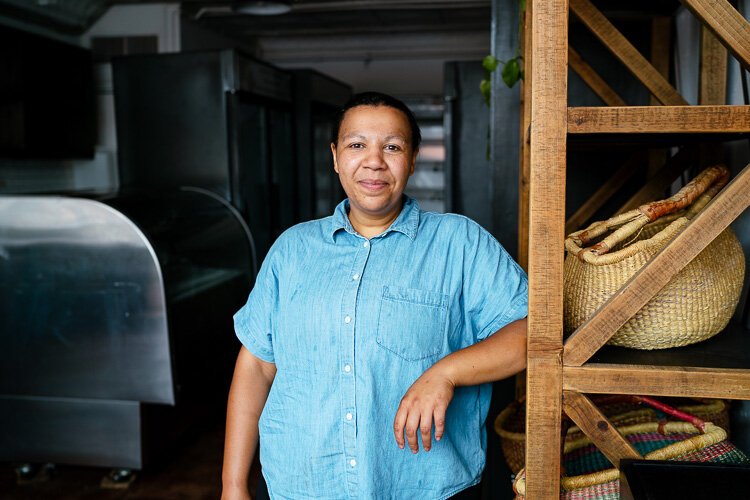Home-grown grocers fill the void in Detroit
A look at how home-grown grocers fill in the gap in Detroit’s grocery retail market.Excerpt:City planners are aware of their grocery void. A 2007 study conducted by Washington-based researcher Social Compact determined that Detroit could support 600,000 to 1 million additional square feet of grocery retail space.But national chains aren’t rushing into that gap. The last one left in 2007, when The Great Atlantic & Pacific Tea Co. (GAP, Fortune 500) (better known as A&P) shut down its Detroit-based Farmer Jack chain. Aldi, a discount grocery chain that doesn’t accept credit cards and carries few brand-name items, has two outposts in Detroit, but major retailers like Safeway (SWY, Fortune 500), Kroger (KR, Fortune 500), Costco (COST, Fortune 500) and Whole Foods (WFMI, Fortune 500) have stayed away. Poor perceptions of Detroit’s market strength, the costs of doing business in the city, and the difficulty of hiring and retaining good local workers scare away the big retailers, a city task force concluded in a report issued last year.So Detroit is instead trying to nurture its home-grown grocery stores and help them grow. For example, the city is working on tax abatements for Honey Bee Market, which expanded in 2006 from 4,000 square feet to 15,000 square feet, and is now dealing with higher property taxes as a result.Read the entire article here.
A look at how home-grown grocers fill in the gap in Detroit’s grocery retail market.
Excerpt:
City planners are aware of their grocery void. A 2007 study conducted
by Washington-based researcher Social Compact determined that Detroit
could support 600,000 to 1 million additional square feet of grocery
retail space.
But national chains aren’t rushing into that gap. The last one left in
2007, when The Great Atlantic & Pacific Tea Co. (GAP, Fortune 500)
(better known as A&P) shut down its Detroit-based Farmer Jack
chain. Aldi, a discount grocery chain that doesn’t accept credit cards
and carries few brand-name items, has two outposts in Detroit, but
major retailers like Safeway (SWY, Fortune 500), Kroger (KR, Fortune
500), Costco (COST, Fortune 500) and Whole Foods (WFMI, Fortune 500)
have stayed away. Poor perceptions of Detroit’s market strength, the
costs of doing business in the city, and the difficulty of hiring and
retaining good local workers scare away the big retailers, a city task
force concluded in a report issued last year.
So Detroit is instead trying to nurture its home-grown grocery stores
and help them grow. For example, the city is working on tax abatements
for Honey Bee Market, which expanded in 2006 from 4,000 square feet to
15,000 square feet, and is now dealing with higher property taxes as a
result.
Read the entire article here.




